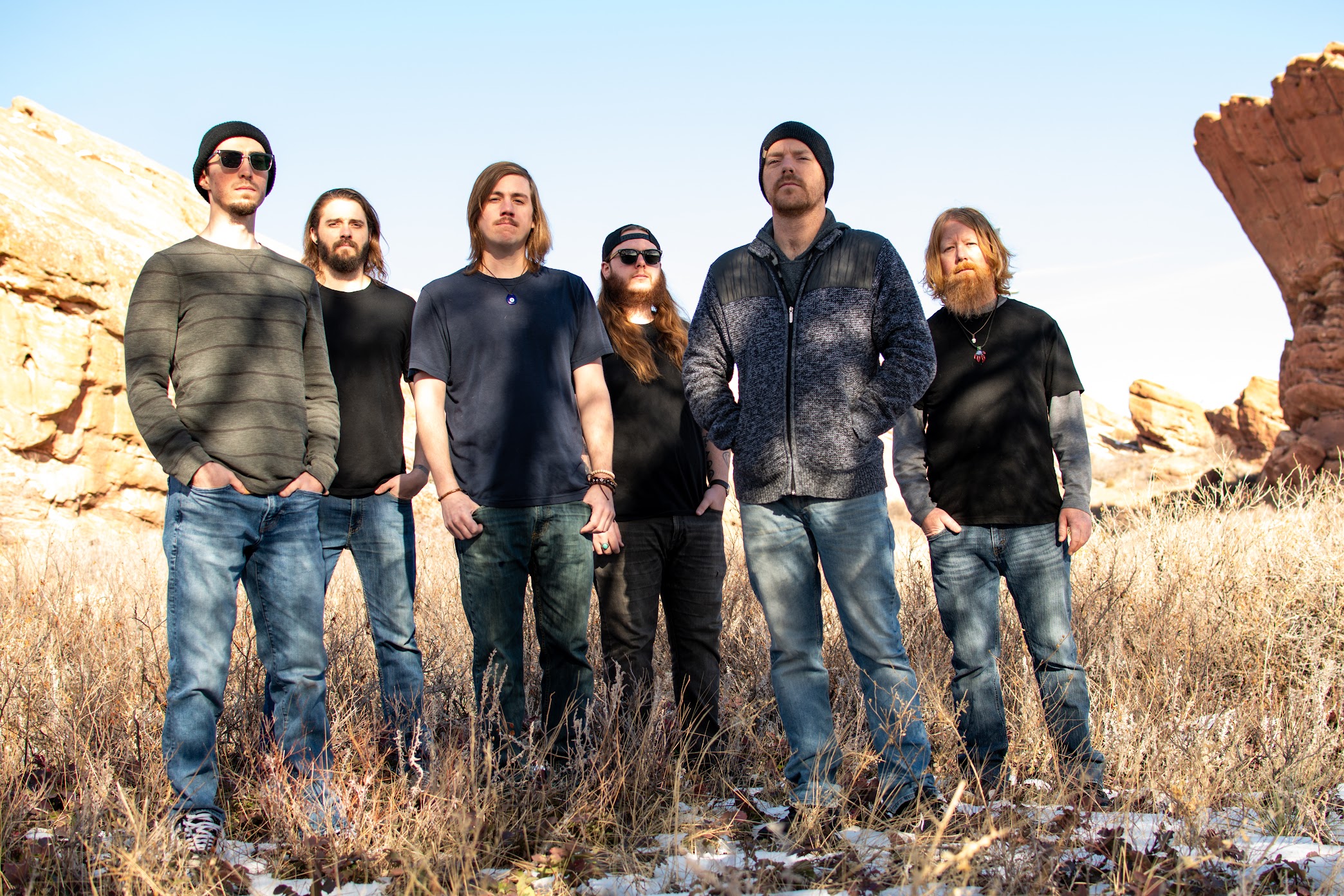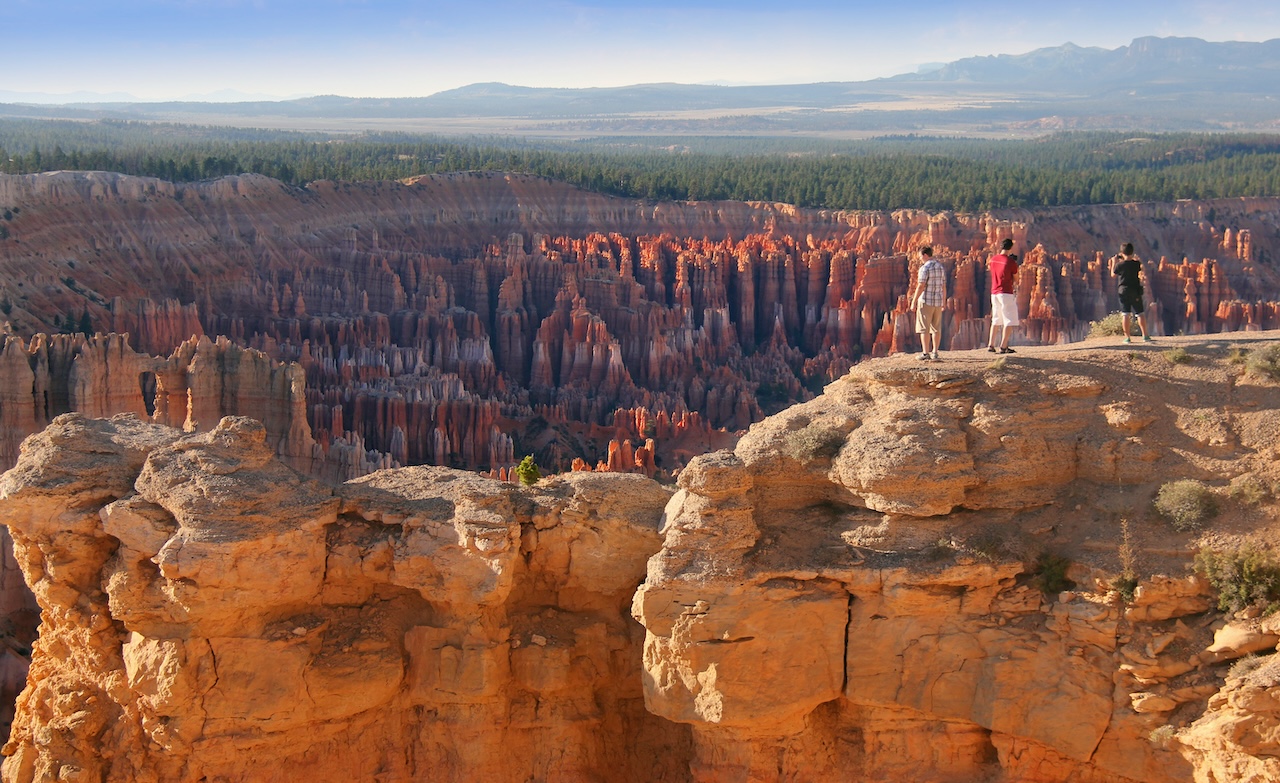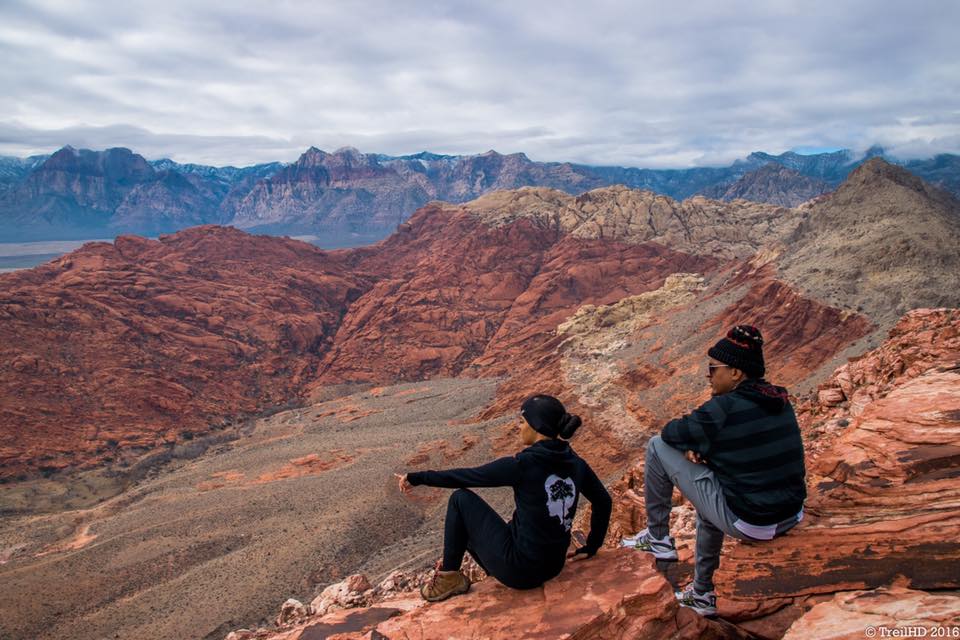After generations of exclusion from outdoor spaces, members of Denver’s Black community are taking on opportunities to connect with nature, and in many cases, becoming outdoor enthusiasts. Outdoor recreation rates among the Black community are historically low. While BIPOC make up almost 40% of the total U.S. population, roughly 77% of national park visitors are white. Black people are the most underrepresented group in national parks and forests – only 6% of national park visitors are Black. Lack of Black visitation to National Parks and recreation areas has no correlation with interest. Rather, it prefaces generations of systemic exclusion of Black people in outdoor spaces.
Jason Swan is the Denver leader of Outdoor Afro, an organization that connects Black people to nature through meaningful outdoor excursions. Leaders like Swan organize regular meetups for activities like hiking, fishing, skiing, snow-shoeing and more. Some meetups are community events that take place outdoors like holiday celebrations. He also serves as a mentor and works to encourage people who feel hesitant about the outdoors to take the leap.
Colorado is home to some of the most beautiful and most trafficked nature in the country. For those of us who call the Rocky Mountains home, it’s critical to take a closer look at why the Black community faces limited access to nature.
Barriers To Outdoor Access
Racial Wealth Gap Creates Cost Barrier
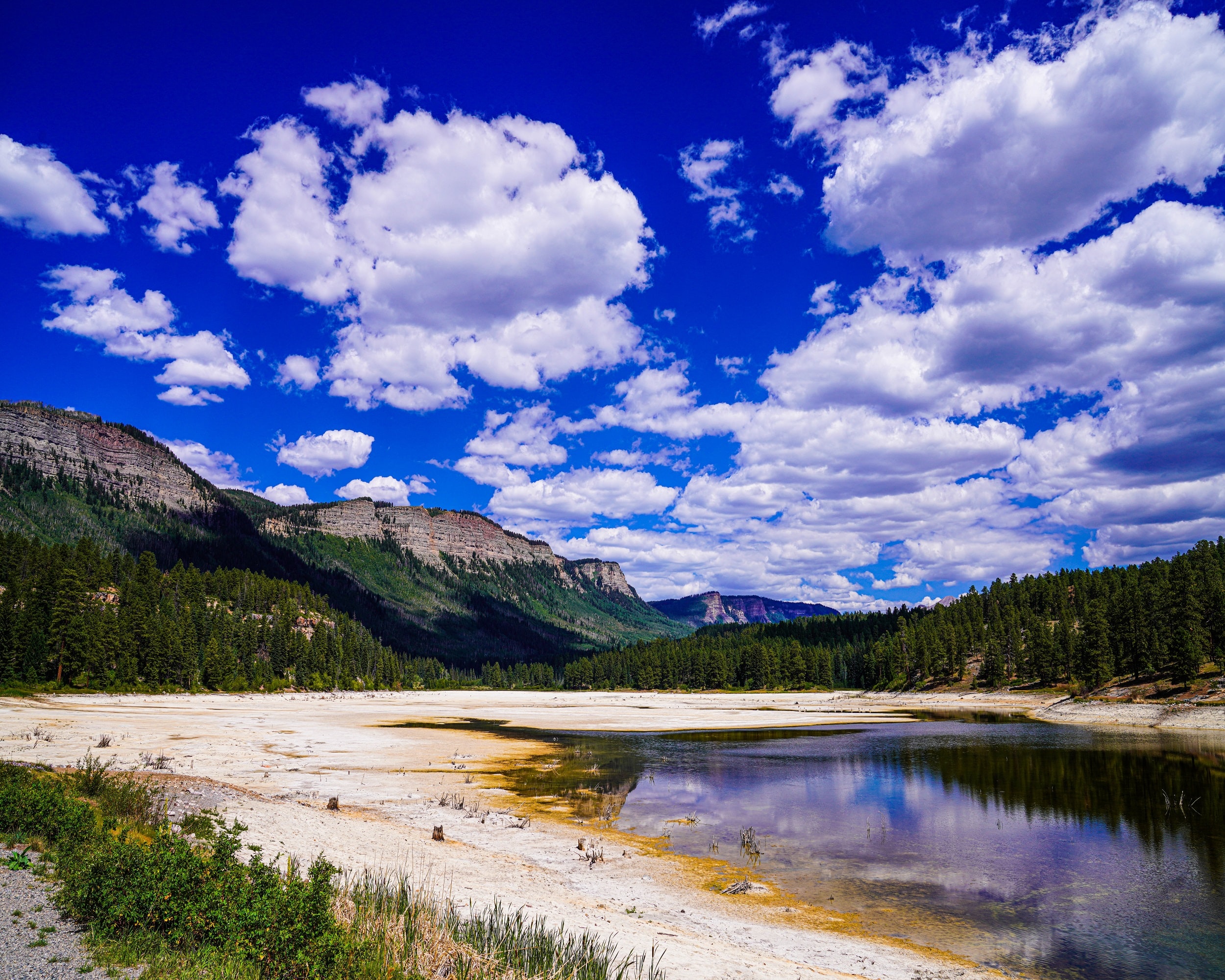
Between high price points and other forms of capital such as paid time off, outdoor recreation comes with its own form of high cost. Relatively low-cost activities such as hiking still come with park pass fees, transit costs and basic hiking gear. Additionally, hikers need enough spare time to spend three to six hours traveling to and from the trail head and complete a hike.
On a national scale, Black families have $5 for every $100 of wealth owned by white families. Additionally, Black families earn $57 for every $100 of income earned by white families. In order to afford outdoor excursions and gear, a family or individual needs to retain an appropriate level of wealth. These figures show a striking wealth gap for Black families.
The history of the wealth gap stems back to the “Great Migration” of the early 1900’s. Black families experienced residential segregation and restrictions to certain types of property ownership as they migrated to northern and western regions of the country. Decades later, redlining was introduced, segregating Black homeowners and discriminating against them in the credit market. Today, Black home ownership has not increased in the last 50 years.
Behavioral Prejudice In Outdoor Spaces
While the outdoors may not discriminate, the people who visit and manage it certainly do. An important factor keeping Black people out of parks and outdoor spaces is a lack of guaranteed safety and potential for threats and violence from other visitors and staff.
Jessica Newton is the founder of Vibe Tribe Adventures (VTA), a Denver-based organization that leads outdoor recreation programs for BIPOC folks. One of her earliest experiences with VTA involved leading a large group hike for Black women, only to be faced with racist remarks and intimidation tactics from white horseback riders and park rangers.
Outdoor Afro
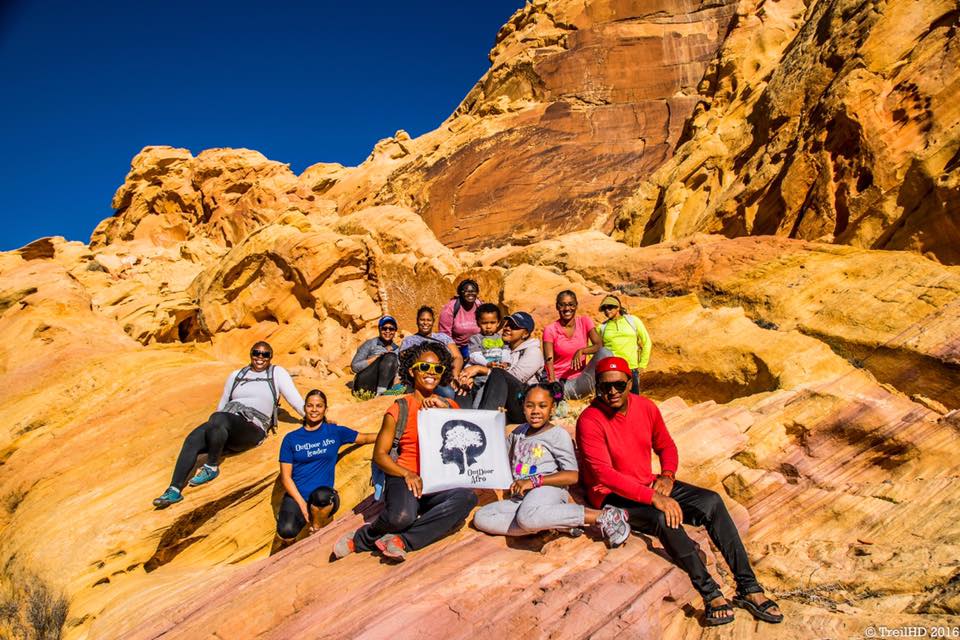
Outdoor Afro is a leading organization working to connect Black people to the outdoors. In Colorado, there are chapters in Denver and Boulder. Outdoor Afro’s Colorado programming runs year-round and focuses on a variety of seasonal activities. In the summer, participants can go hiking, fishing and paddle boarding. The winter is for activities like skiing and snowshoeing.
Taishya Adams is the Volunteer Co-lead for the Outdoor Afro Colorado Network and the National Policy Director at Outdoor Afro. She celebrates the educational opportunities Outdoor Afro provides, from outdoor classes to uncovering a positive legacy of Black recreation and outdoor expertise.
“[Participants] learn that Black Americans’ love of experiences in nature has been hiding in plain sight all along. During this year’s Annual Afro Aquatics Day hosted at Cherry Creek State Park, we lifted the knowledge shared in the book Undercurrents of Power: the Aquatic Culture of the African Diaspora.
Did you know that surfing was first reported off the coast of Africa in the 1600’s? Did you know that both Africans and enslaved Africans were once world-renowned for their aquatic expertise? [I was] standing on the shore with one 6-year-old participant who had never experienced being on any watercraft, while also standing next to an adult who brought their stand-up paddle board to the outing; the union of those two was so memorable. It was exciting to normalize our relationship to water, to our history and each other,” Adams recalled.
Impact On Colorado’s Black Community
Meaningful Connections To Nature
Outdoor Afro’s mission is to empower Black people to connect to the outdoors in a meaningful way. Participants often experience just that.
“Outdoor Afro inspires and celebrates connecting Black people and communities to nature. In my time as a volunteer lead, I have been more intentional about connecting not only with Black people but Black communities. I host more nature-based events now that are inter-generational and provide a spectrum of outdoor activity type, intensity level, locations, etc.” said Adams.
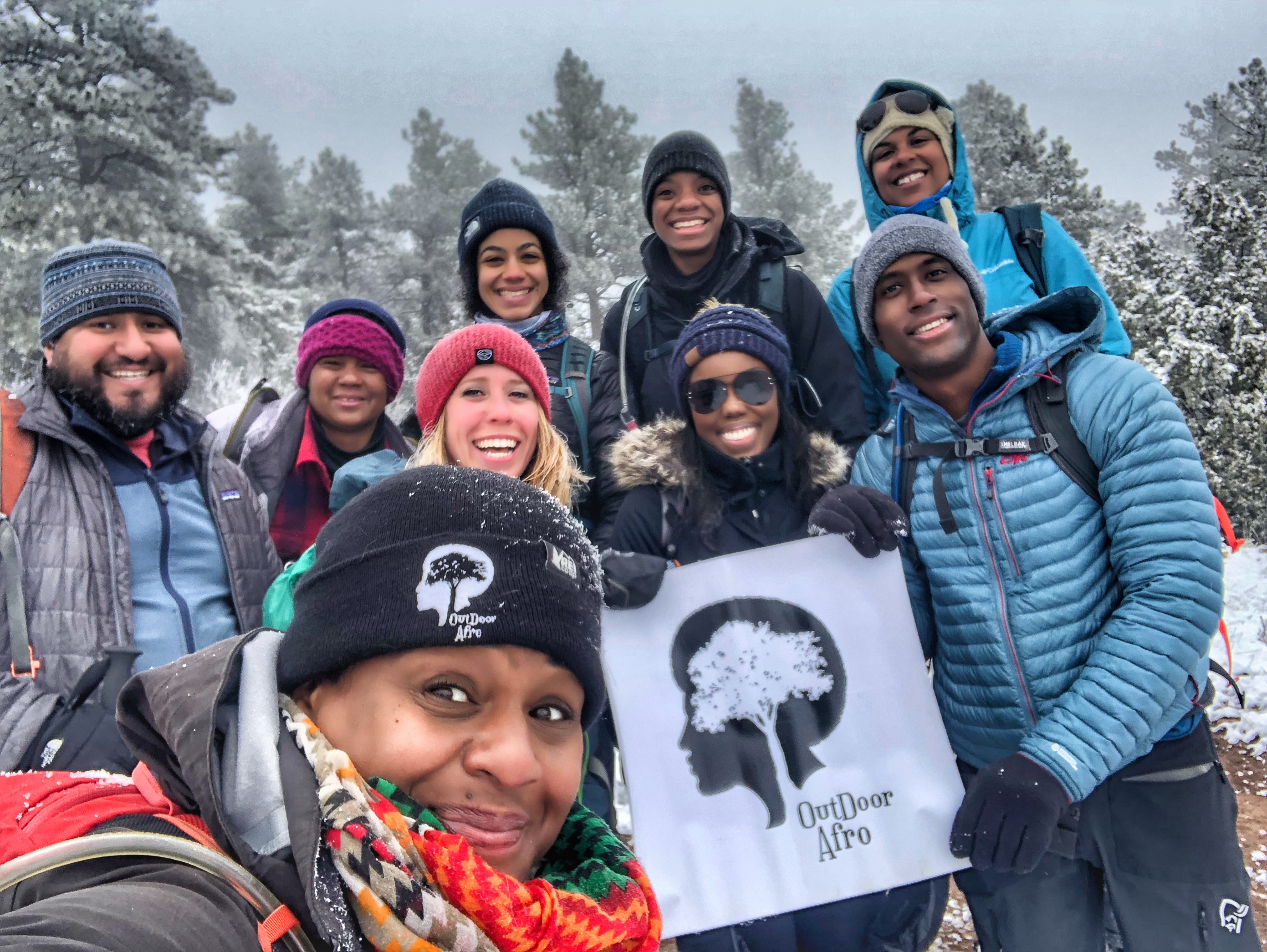
In addition to Outdoor Afro, there are other local organizations working to remove the cost barrier to outdoor recreation. Blackpackers is an organization based in Colorado Springs that primarily works on creating a pipeline for Black outdoor enthusiasts to careers in the outdoor industry. Blackpackers and Vibe Tribe Adventures also provide access to gear rental and outdoor classes at a subsidized or no cost.
“If our participants want to go out biking [and] skiing every chance they get, there is a community to support and share in the Black joy found in nature with them,” said Adams.
Nature’s Impact On Black Wellness
According to a report from Center for American Progress, racial disparities in outdoor access are of particular concern in regards to health and well being.
“Nature is not an amenity but a necessity for everyone’s health and well-being,” said the report’s authors.
Indoor and urban spaces don’t offer the same health benefits as nature, leaving Black folks without essential opportunities to reduce stress, breathe clean air, build spiritual connections and prevent long-term health risks.
In contrast, participants in Outdoor Afro and Vibe Tribe Adventure’s programs noticed significant improvements in their physical and mental wellness. These organizations help bridge a glaring gap towards Black wellness in Colorado.
Creating A Sense Of Belonging
As programs like Outdoor Afro, Vibe Tribe Adventures and Blackpackers continue to thrive in Colorado, Black community members have stronger opportunities to tackle cultural stigma towards outdoor participation. These organizations have also highlighted prejudices that still persist in outdoor spaces. From micro-aggressions to blatant racist behavior, Colorado’s outdoors aren’t yet guaranteed to be safe spaces for Black folks to venture into nature. That’s where committed and sustainable accomplice-ship comes in.
White middle-class or affluent people make up an overwhelming majority of outdoor visitors in Colorado. While most don’t directly participate in oppressive behavior, it’s important to recognize the role white outdoor enthusiasts play. White people can either remain bystanders or commit to active participation in removing barriers for the Black community.
Colorado’s outdoors are no exception to the legacy of segregation in outdoor spaces. Now, Black outdoor enthusiasts are taking on the opportunity to write a new history for Blackness in the Rocky Mountains. Removing cultural stigma and replacing it with a sense of outdoor belonging remains essential for shifting attitudes towards Black participation outdoors.
“[Outdoor Afro] Participants reported an increase in their knowledge and understanding. They expand their knowledge of where to recreate, ways to recreate in nature, but most importantly, they learn about the history and current contributions of Black people in nature” said Adams.
To learn more about Outdoor Afro Colorado and get involved, click here. If you’d like to learn more about Black American history in Colorado, visit and support the Black American West Museum (temporarily closed for restoration).
To learn more about how to be a strong outdoor accomplice, view resources here and here.


